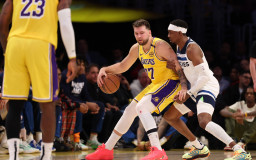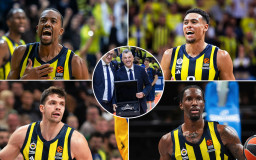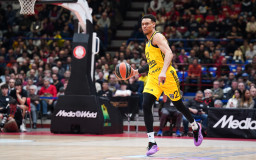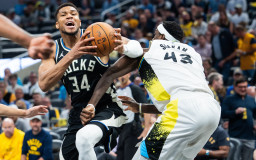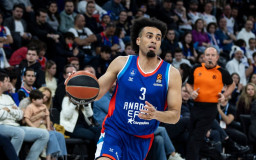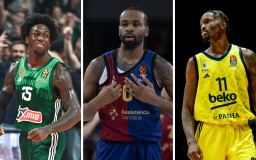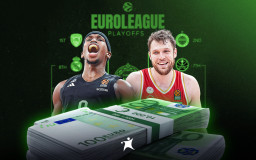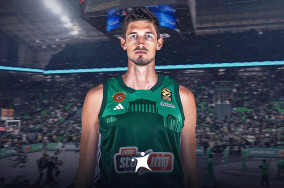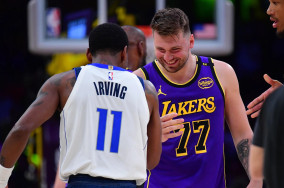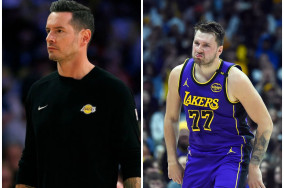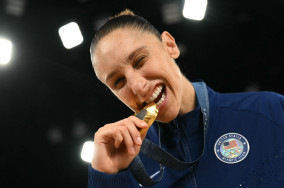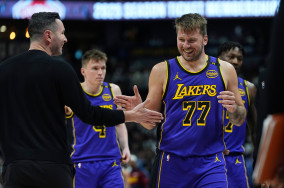In 2011, the Los Angeles Lakers almost traded for Chris Paul. However, then-NBA commissioner David Stern, acting as the Hornets' owner, vetoed the deal due to pressure from other owners, concerns about the Lakers' assets, and a desire to maintain the franchise's value for a potential buyer.
Recently, a massive NBA trade sent Luka Doncic to the Lakers for Anthony Davis and some assets.
This move sparked comparisons to the legendary, yet failed, Chris Paul trade to the Los Angeles Lakers in 2011, which was famously vetoed by then-commissioner David Stern.
Let's examine the circumstances to understand why the proposed trade was vetoed.
Background to the Chris Paul trade veto
To understand why the NBA vetoed the Chris Paul Lakers' trade, we need to start with a key element.
In 2010, the NBA took control of the New Orleans Hornets, the franchise where CP3 played. The operation was officially completed on December 20, 2010.
The Hornets' previous owners, George Shinn, and Gary Chouest, had been trying to sell the franchise for over a year but had made little progress. Therefore, the NBA intervened, buying the franchise from its previous owners and then placing it back on the market for around $300 million.
Until the NBA sold the franchise, the league, and ultimately David Stern, would make all major decisions regarding the Hornets.
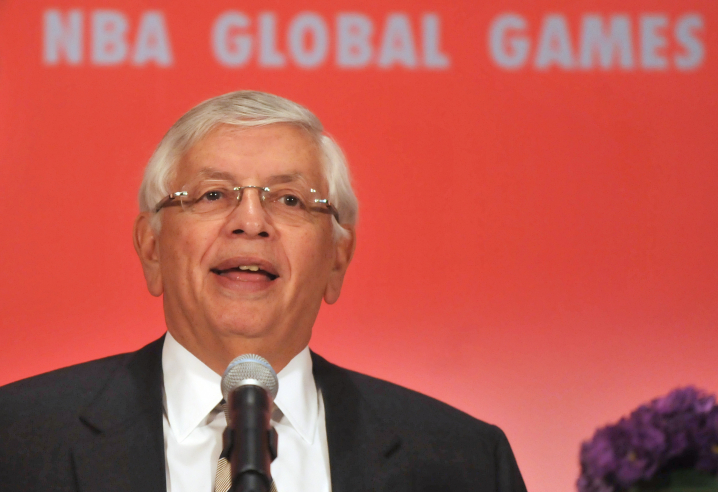
Another aspect that should not be underestimated is that in the weeks prior to the agreement that would have brought Chris Paul to the Lakers, the NBA was in a lockout.
The regular season did not start until Christmas. The lockout began on July 1, 2011, and officially ended on December 8 with an agreement on a new collective bargaining agreement.
Due to the delayed start, the regular season was reduced from 82 to 66 games.
The transitional situation that the league found itself in at that moment certainly did not help the approval of the CP3 trade.
The Chris Paul Lakers trade negotiations
As previously mentioned, the lockout officially ended on December 8, when the new CBA was ratified. However, a general agreement between the owners and the players' association had already been reached on November 26.
Therefore, several franchises had already started looking around to make moves before the start of the season.
On December 8, Adrian Wojnarowski, who was then working for Yahoo! Sports, posted on Twitter that the Hornets were close to an agreement to trade Chris Paul to the Lakers in exchange for Andrew Bynum and Lamar Odom.
In the following minutes, the full details of the three-team trade were revealed: the Lakers, the Hornets, and the Rockets.
Chris Paul would go to the Lakers, Pau Gasol would end up with the Rockets, while Andrew Bynum, Lamar Odom, and Luis Scola would go to the Hornets.
Around 7 p.m. U.S. time, Wojnarowski wrote that a preliminary agreement had been reached and that Chris Paul would become a new Lakers player.
A little less than two hours later, however, the Yahoo! Sports reporter wrote that the owners of the other NBA franchises were pressuring David Stern to veto the Chris Paul trade.
By around 9:30 p.m. U.S. time, the deal had completely fallen through. What could have been one of the most important trades in the history of the NBA had been vetoed by David Stern himself.
Why was the Chris Paul trade vetoed?
At the time of the deal that would have brought Chris Paul to the Lakers, all the owners were gathered in New York to ratify the new CBA.
When rumors began to circulate, considering that the lockout had just ended and some restrictions were still in place, many owners complained to David Stern, saying that it was impossible to approve such a trade without giving the other teams a chance to try to sign Paul.
Dell Demps, the Hornets' general manager at the time, had continued the negotiations and thought he could close the deal without authorization. However, at that moment, the Hornets were owned by the NBA, so Stern was, for all intents and purposes, the team's owner.
Therefore, the NBA commissioner was not willing to accept a trade about which he had not been informed and believed that work should continue to make the eventual trade fairer.
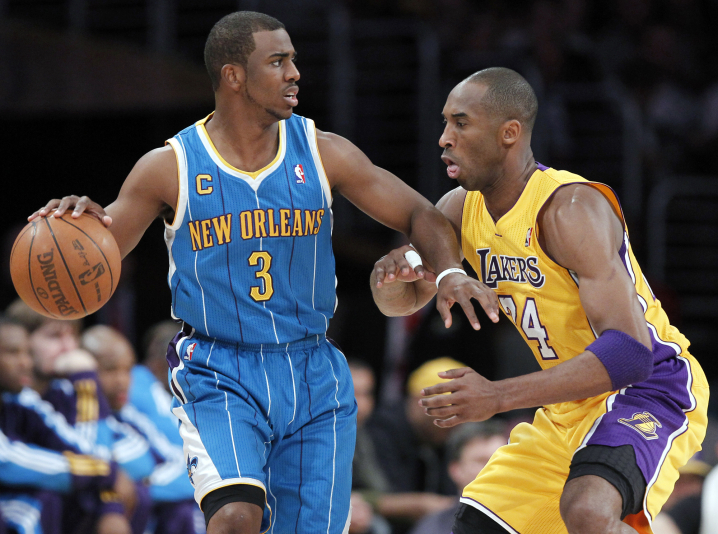
During an interview in 2017, Stern revealed that in the following days, he tried to reset the trade and get the Hornets some future assets. It all fell through because the Lakers decided to trade Lamar Odom, one of the players involved in the attempted trade for Paul, to the Dallas Mavericks.
"In the course of the weekend, we thought we could re-do the deal. We really thought that Houston would be ready to part ways with Kyle Lowry, and we had a trade lined up for Odom that would have gotten us a first-round pick," Stern explained.
"But at that time, Mitch Kupchak (Lakers' GM) panicked and traded Odom to Dallas. So, the piece wasn't even there to play for New Orleans at the time. So that was it. It was just about doing the right thing for the Hornets," he added.
Many executives around the NBA thought that trade would have been negative for the Hornets. Odom and Scola were already players in their thirties, while Bynum had many physical problems, and his long-term stay in New Orleans would have been extremely difficult.
Furthermore, the trade did not include future picks that would have benefited the Hornets.
The NBA wanted to sell the franchise at its maximum value, and trading Chris Paul, the team's best player, in a not particularly advantageous deal would certainly not have raised the franchise's value.
Paul, who would become a free agent in the summer of 2012, had informed the Hornets, and therefore the NBA, that he did not intend to renew his contract and that he wanted to play for a team with a chance of winning a title.
A few days later, the playmaker ended up in Los Angeles to play for the Clippers. The Hornets traded him to the Clippers in exchange for Eric Gordon, Al-Farouq Aminu, Chris Kaman, and a first-round pick in the 2012 NBA draft (via the Timberwolves).
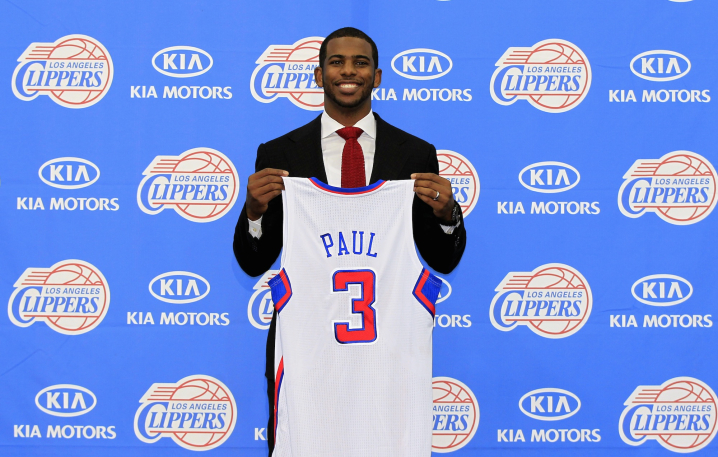
The Lakers, nearing the end of an era, missed the playoffs for years after the vetoed CP3 trade and Kobe's retirement, until LeBron James's arrival.
Conversely, the Clippers thrived with Paul. The failed 2011 Chris Paul trade to the Lakers remains a major 'what if' for the franchise.
Like what we are doing? Support us by becoming BN+ member.